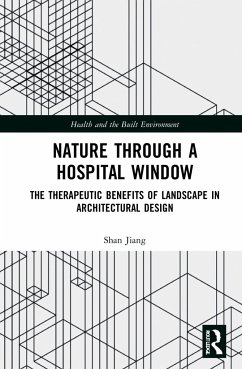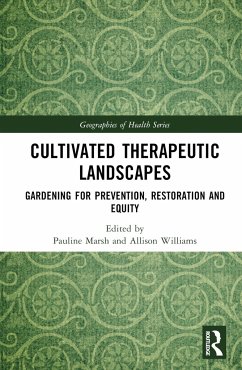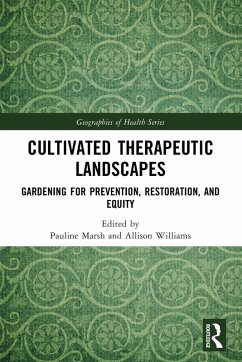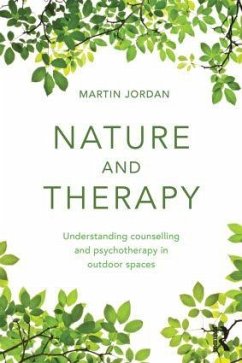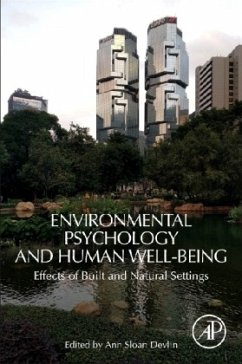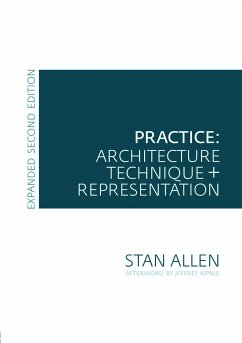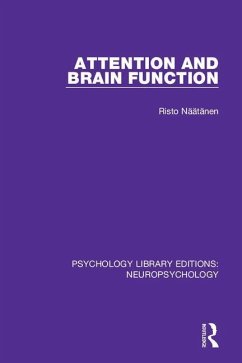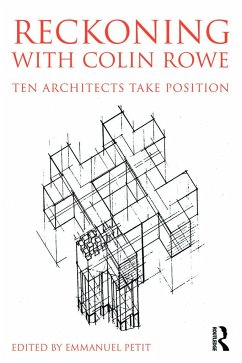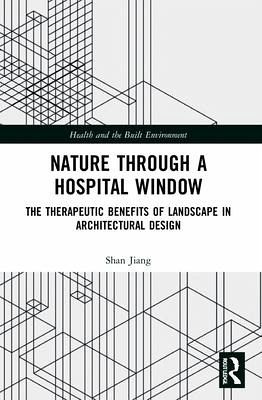
Nature through a Hospital Window
The Therapeutic Benefits of Landscape in Architectural Design
Versandkostenfrei!
Versandfertig in 6-10 Tagen
45,99 €
inkl. MwSt.
Weitere Ausgaben:

PAYBACK Punkte
23 °P sammeln!
Adopting an evidence-based approach, this book uses two state-of-the-art experimental studies to explore nature's therapeutic benefits in healthcare environments, emphasizing how windows and transparent spaces can strengthen people-nature interactions. High-quality, supportive, and patient-centred healthcare environments are a key priority for healthcare designers worldwide, with ageing populations creating a demand for remodeled and updated facilities. The first study demonstrates individual psychophysiological responses, moods, and preferences in simulated hospital waiting areas with differe...
Adopting an evidence-based approach, this book uses two state-of-the-art experimental studies to explore nature's therapeutic benefits in healthcare environments, emphasizing how windows and transparent spaces can strengthen people-nature interactions. High-quality, supportive, and patient-centred healthcare environments are a key priority for healthcare designers worldwide, with ageing populations creating a demand for remodeled and updated facilities. The first study demonstrates individual psychophysiological responses, moods, and preferences in simulated hospital waiting areas with different levels of visual access to nature through windows, while the second experiment uses cutting-edge immersive virtual reality techniques to explore how gardens and nature views impact people's spatial cognition, wayfinding behaviors, and experience when navigating hospitals. Through these studies and discussions drawing on architectural theory, the book highlights the important benefits of having access to nature from hospital interiors. This concise volume will appeal to academics and designers interested in therapeutic landscapes and healthcare architecture.





